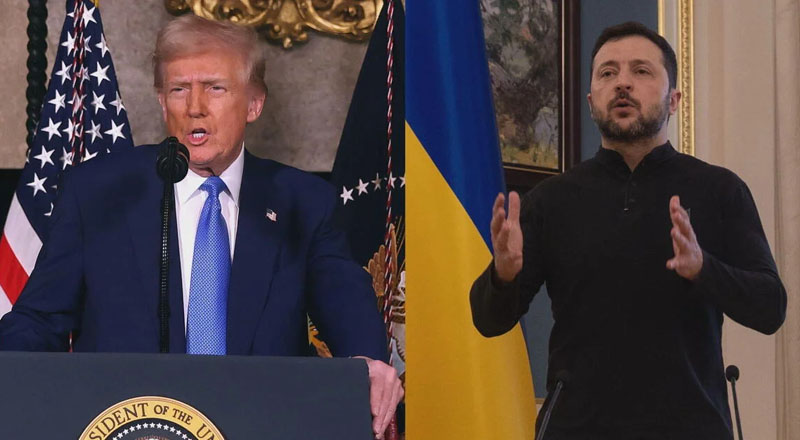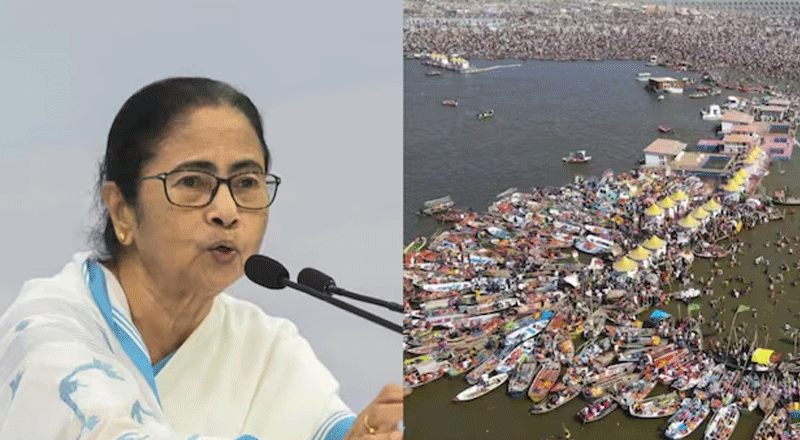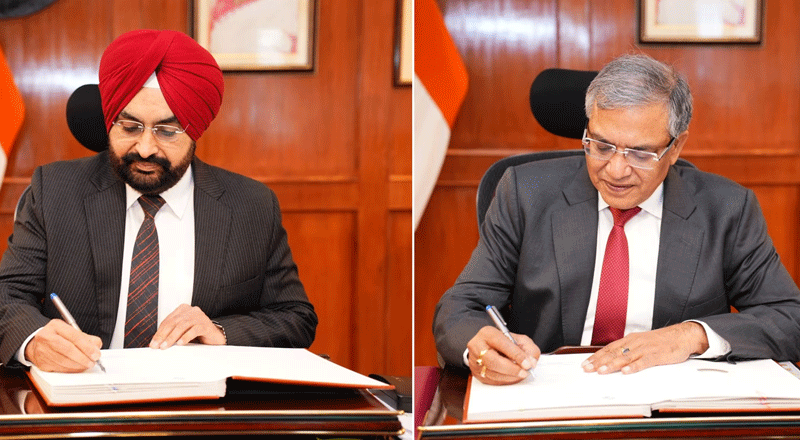The announcement of Rahul Gandhi’s candidature for the Raebareli Lok Sabha seat, accompanied by K.L. Sharma’s nomination from Amethi, marked the Congress party’s electoral strategy. Notably absent from this lineup is Priyanka Gandhi, despite persistent calls from within the Congress for her to step into the electoral arena. Despite being hailed as a more capable leader than Rahul by some, Priyanka’s decision to stay away from contesting raises questions. Let’s delve into the five plausible reasons behind Priyanka Gandhi’s absence from electoral politics.
- Avoiding BJP’s Dynastic Allegations:
Priyanka Gandhi is wary of bolstering the Bharatiya Janata Party’s accusations of dynastic politics within the Congress. With her potential victory adding to Rahul’s and Sonia Gandhi’s presence in Parliament, Priyanka fears providing the BJP with ammunition to strengthen their allegations. By abstaining from contesting, she avoids potentially reinforcing this narrative and maintains a strategic distance from allegations of dynastic succession.
- Prioritizing Campaigning Over Contesting:
Leading the Congress party’s election campaign alongside Rahul, Priyanka focuses on countering BJP’s narrative and emphasizing Congress’s vision. Choosing not to contest enables her to dedicate more time to nationwide campaigning, thus maximizing the party’s seat tally. With Sonia Gandhi absent from active campaigning, Priyanka’s role becomes even more critical in rallying support for the party across various constituencies, mitigating the risk of spreading herself too thin by focusing on a single electoral contest.
- Party’s Lack of Confidence:
There exists a palpable fear within the Congress party of BJP’s potential success in defeating both Rahul and Priyanka in Uttar Pradesh. Such an outcome could dent the morale of party workers and embolden dissent against the Gandhi family’s leadership. Priyanka’s decision not to contest may stem from the party’s desire to mitigate risks and consolidate its electoral stronghold, especially in the face of formidable opposition from the BJP.
- Strategic Reservation for Future Politics:
Priyanka Gandhi’s absence from electoral politics may be a strategic move to preserve her candidacy for future leadership roles within the Congress. Her involvement in party affairs and role as a crisis manager hint at her gradual maturation as a politician, possibly positioning her for future leadership. By abstaining from contesting in the current elections, Priyanka maintains her political capital and strategic flexibility, keeping her options open for assuming a more prominent role within the party in the future.
- Balancing Rahul’s Leadership:
Speculations abound regarding Rahul Gandhi’s apprehensions about Priyanka’s growing popularity within the party. Some suggest that Rahul’s supporters fear being overshadowed by Priyanka’s emergence, prompting them to deter her from contesting elections. However, Priyanka’s active involvement in campaigning for Rahul suggests a collaborative approach aimed at consolidating the party’s electoral prospects, rather than a rivalry between siblings.
Priyanka Gandhi’s decision not to contest the Lok Sabha elections sparks conjecture and analysis about the intricate dynamics within the Congress party. While her absence from the electoral fray may signify various strategic considerations, her pivotal role in campaigning for Rahul Gandhi underscores her significance in shaping the party’s electoral fortunes. As the political landscape evolves, the ramifications of Priyanka’s absence from electoral politics will continue to unfold, with the verdict on Rahul’s candidacy awaiting revelation on June 4.
(With inputs from agencies)





